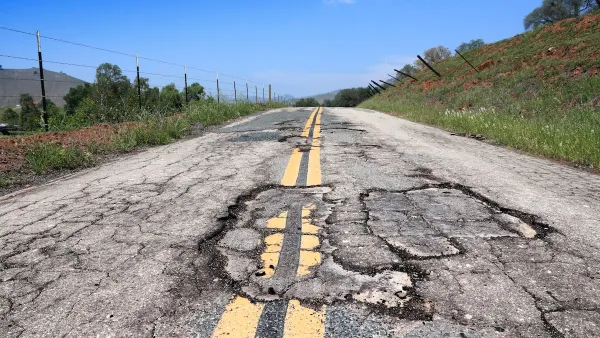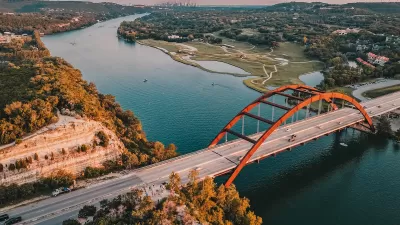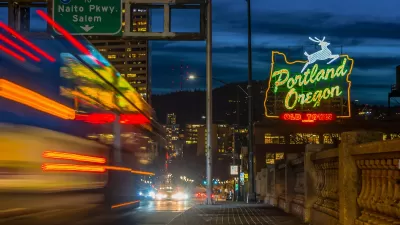Alex Marshall investigates the reasons why America's infrastructure resembles a third world country's, and decides that we have our arcane budgeting processes to blame.
In search of some of the less recognized causes of our infrastructure woes, Marshall looks at governing official's predilections for raiding maintenance money to fund other budget shortfalls and the peculiar ways in which financing and political mechanisms make it easier to fund new projects rather than maintaining those already built.
"A transit manager at a major American city told me a revealing story during a tour: 'See those lights,' said the official, pointing to some bulbs within some rusting metal frames hanging over the platform. 'It would only cost about $1,000 a year to maintain those well. We can't get that. So instead, we will wait until they rust out and fail completely. Then we will replace them, at a cost of perhaps $100,000.' This is poor governance and poor economics, to say the least."
FULL STORY: Why Does Our Infrastructure Resemble a Third World Country’s?

Planetizen Federal Action Tracker
A weekly monitor of how Trump’s orders and actions are impacting planners and planning in America.

Map: Where Senate Republicans Want to Sell Your Public Lands
For public land advocates, the Senate Republicans’ proposal to sell millions of acres of public land in the West is “the biggest fight of their careers.”

Restaurant Patios Were a Pandemic Win — Why Were They so Hard to Keep?
Social distancing requirements and changes in travel patterns prompted cities to pilot new uses for street and sidewalk space. Then it got complicated.

Platform Pilsner: Vancouver Transit Agency Releases... a Beer?
TransLink will receive a portion of every sale of the four-pack.

Toronto Weighs Cheaper Transit, Parking Hikes for Major Events
Special event rates would take effect during large festivals, sports games and concerts to ‘discourage driving, manage congestion and free up space for transit.”

Berlin to Consider Car-Free Zone Larger Than Manhattan
The area bound by the 22-mile Ringbahn would still allow 12 uses of a private automobile per year per person, and several other exemptions.
Urban Design for Planners 1: Software Tools
This six-course series explores essential urban design concepts using open source software and equips planners with the tools they need to participate fully in the urban design process.
Planning for Universal Design
Learn the tools for implementing Universal Design in planning regulations.
Heyer Gruel & Associates PA
JM Goldson LLC
Custer County Colorado
City of Camden Redevelopment Agency
City of Astoria
Transportation Research & Education Center (TREC) at Portland State University
Camden Redevelopment Agency
City of Claremont
Municipality of Princeton (NJ)





























